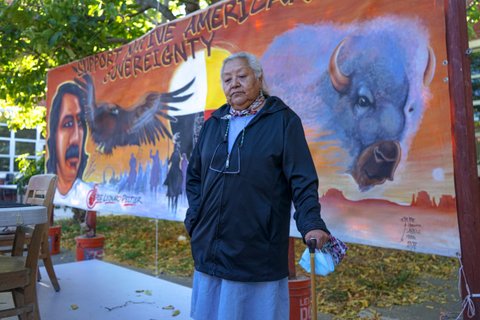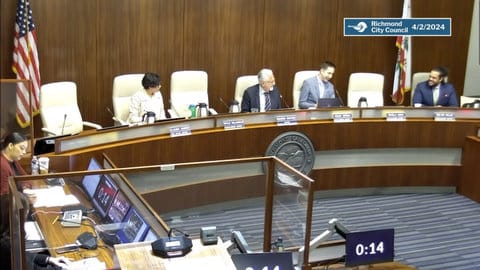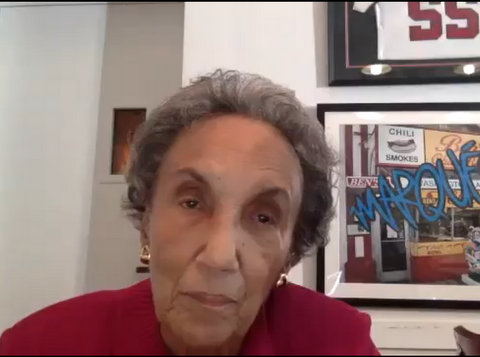
13 Apr La Familia Market Keeps Prices Steady As Wholesale Costs Rise

By Denis Perez-Bravo
Inflated wholesale costs are driving big chain retailers to raise their prices, but local grocery outlet La Familia Market is abiding by the prices they set before the coronavirus.
“The food we buy (at wholesale) costs more than it used to, but we haven’t raised our prices,” La Familia Market owner Ali “Rigo” Awad said.
Rigo, his younger brother Abdul and their father, Ali Sr., a family from Yemen, run the small market.
“Right now it is not about making money, it is about trying to help out the community,” Rigo said.
But as Rigo and La Familia bite the bullet on the higher wholesale prices, big chain outlets have opted to reduce promotions, resulting in higher prices, according to MarketWatch.
While big chain retailers are struggling to keep items such as eggs, napkins, toilet paper, juice and water in stock, the Awad family manages to keep those items stocked while keeping their store clean.
Every morning, Rigo and Ali Sr. visit wholesale food distributors to buy the items their customers need. Back at the store, Abdul takes care of stocking and makes sure the produce is clean.
“Us and the customers are like a family. We know what they want,” Rigo said.
The market, at 37th Street and MacDonald Avenue, is open from 7 a.m. to 8:30 p.m. It has five aisles stocked with Hispanic foods, including maseca and pan dulce, as well as some Middle Eastern selections. A variety of produce is stocked outside and inside.
 The market also has a butcher’s shop, or carniceria, that is owned and operated by Roberto Mandujano, who also has seen prices for meat rise at wholesalers.
The market also has a butcher’s shop, or carniceria, that is owned and operated by Roberto Mandujano, who also has seen prices for meat rise at wholesalers.
“We can’t raise the prices for our customers because they will notice and be bothered by it,” Mandujano said.
Just like the Awad family, Mandujano understands his customers are forced to do more grocery shopping because they are sheltering at home.
“They (customers) aren’t going out to eat at restaurants, and with their kids at home, there is no option but to eat more,” he said.
Mandujano says customers would rather come to La Familia rather than wait in line amid larger crowds at big chain stores. They’d also rather support a “hardworking” immigrant family that looks out for other immigrant families in the area.
To Mandujano, the pandemic has shined a light at the work that local markets are doing for their communities.
Before acquiring the market in 2015, the location was more of a liquor store than a grocery store, with Mandujano’s butcher shop already there.
When the Awad family bought the market, they saw that the surrounding neighborhood was filled with families who needed produce, groceries, and home supplies.
“We don’t sell smokes or alcohol. We keep it clean,” Rigo said. “This is a family market.”
Now with a greater need for groceries, Rigo sees more of the community turning to their market. Before the coronavirus began to spread, around 150 people would visit the market every day. Now, they see about 250 customers, he said.
“We have been seeing a lot of new faces,” Rigo said.
He knows that more business is good but comes with a risk. Working everyday is putting his family at risk of being exposed to the coronavirus.
“It feels scary, but we have to help,” Rigo said. “If we close, where will they get food?”






No Comments